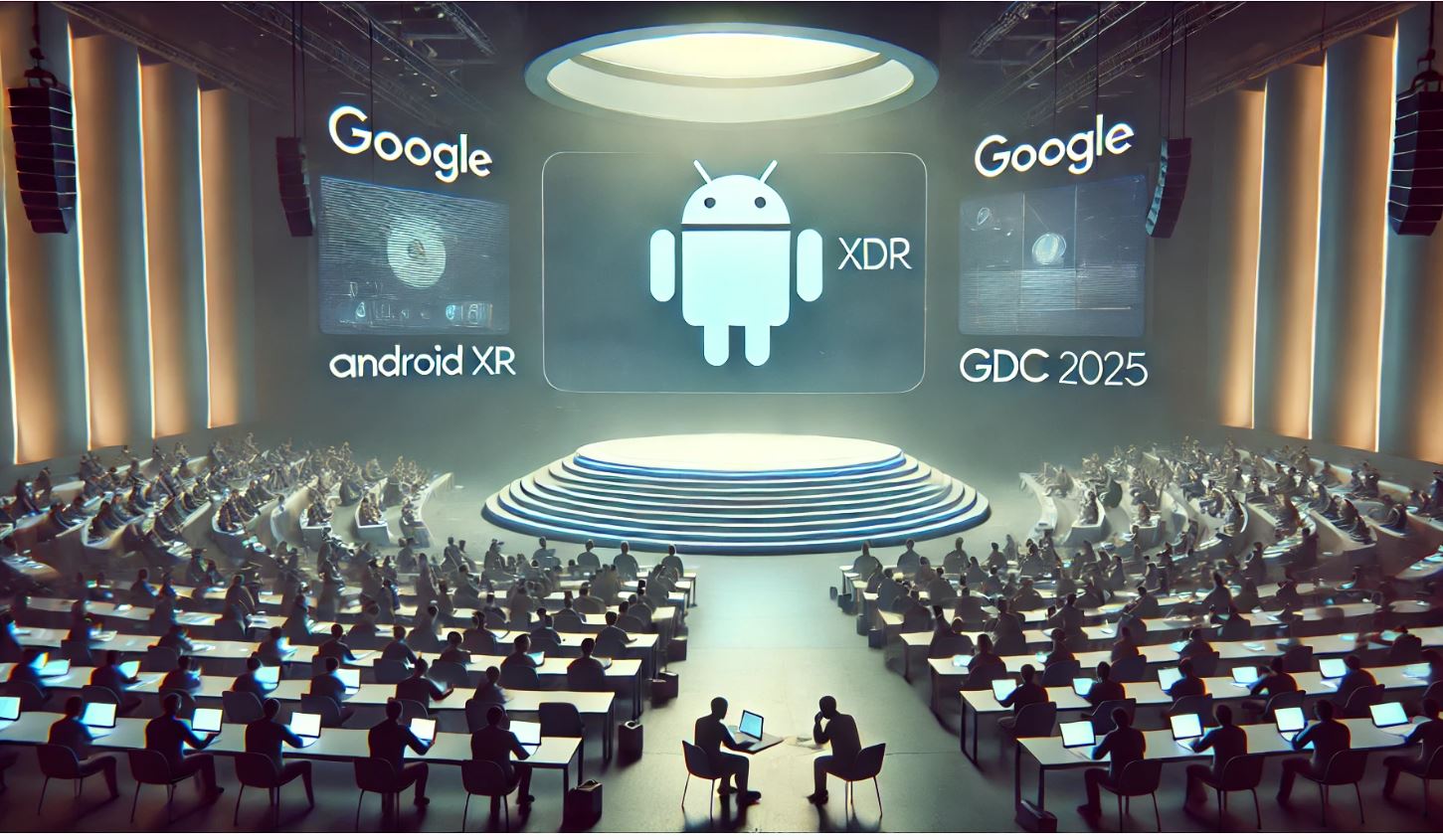
At the 2025 Game Developers Conference (GDC), a noticeable gap in Google’s presentation lineup has sparked conversation across the virtual reality (VR) community. Despite expectations for a comprehensive showcase of emerging technologies, Google’s limited engagement with its Android XR platform has raised concerns among indie VR developers and industry analysts alike.
An Unexpected Absence
Google’s overall presence at GDC 2025 was robust, featuring deep dives into several new initiatives and platforms. However, when it came to Android XR, the platform designed to integrate augmented and virtual reality experiences on Android devices, the company’s engagement was noticeably scant. This lack of emphasis was unexpected given the growing demand for immersive technologies and the significant investments made in VR and AR ecosystems over recent years.
Indie developers, who have long seen Android XR as a potential game-changer for smaller studios looking to innovate without the heavy overheads of traditional VR platforms, were particularly vocal in their disappointment. The minimal attention given to Android XR at GDC has left many questioning Google’s long-term commitment to fostering a vibrant VR community.
Concerns from Indie VR Developers
For indie VR developers, platforms like Android XR offer a unique opportunity to reach a broader audience without the barriers imposed by high development costs or platform restrictions. Many developers rely on these tools to experiment with new ideas and push the boundaries of interactive storytelling. The perceived lack of support from Google has raised alarms about future updates, developer tools, and community resources that are critical for the growth of innovative projects.
Developers have expressed that robust backing from a tech giant like Google is essential for the evolution of immersive experiences. With competitors in the VR space rapidly advancing their technologies, any sign of diminished support could result in a slower pace of innovation within the Android ecosystem. This concern is compounded by the fact that many indie developers feel they have already invested considerable resources into the platform, hoping for continuous enhancements and marketing support.
Industry Impact and Future Implications
The implications of Google’s limited engagement with Android XR extend beyond individual projects. Industry analysts suggest that if Google continues to de-emphasize its XR offerings, the platform may struggle to compete with more proactive rivals in the VR and AR domains. This could lead to a stagnation in the development of next-generation applications and potentially push developers toward alternative platforms that promise better support and community engagement.
In response to these developments, several industry experts have urged Google to reconsider its strategy. Enhanced support for Android XR, including improved development tools, comprehensive documentation, and dedicated marketing efforts, could reinvigorate the platform and reassure developers of Google’s commitment to the future of immersive technologies.
Looking Forward
While Google’s limited engagement at GDC 2025 has sparked debate, it also presents an opportunity for the tech giant to re-engage with the VR community. Clear communication about future plans for Android XR and an increased focus on supporting indie developers may help restore confidence in the platform. For now, the industry watches closely, with the hope that Google will take steps to address these concerns and further solidify its position as a key player in the rapidly evolving realm of immersive technology.
As the dialogue continues, both developers and industry observers remain optimistic that constructive feedback from GDC will lead to a renewed commitment from Google, ultimately benefiting the broader VR and AR ecosystems.



